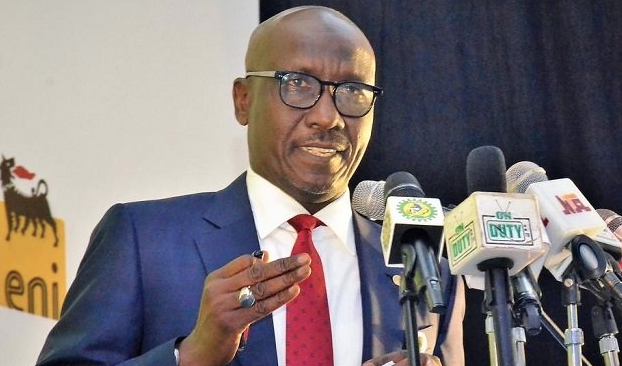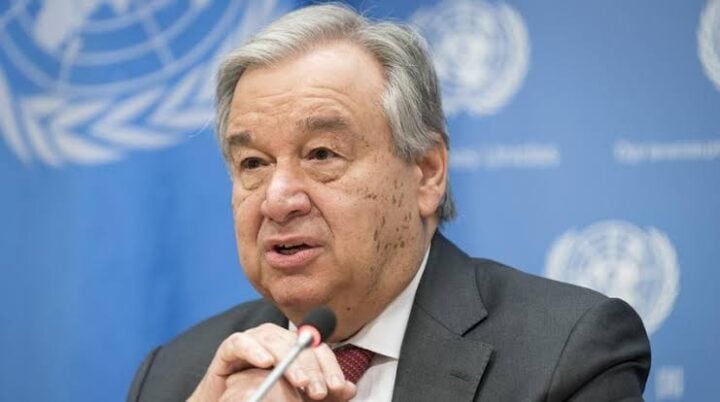The Nigerian National Petroleum Company (NNPC) Limited has advised stakeholders in the oil industry to tap into the huge investment potential in the renewable energy sector.
Mele Kyari, group chief executive officer (GCEO), NNPC Limited, said this on Tuesday at the ongoing 40th annual international conference and exhibition of the Nigerian Association of Petroleum Explorationists (NAPE) in Lagos.
The conference is themed, ‘global energy transition and the future of the oil and gas industry: evolving regulations, emerging concepts, and opportunities’.
Kyari was represented by Adokiye Tombomieye, group executive director (upstream), NNPC.
Advertisement
He said Nigeria’s energy transition created significant investment opportunities, such as the establishment and expansion of industries related to solar energy, hydrogen, and electric vehicles.
“It is pertinent to acknowledge that Nigeria is well endowed with abundant renewable energy, which includes hydropower, solar photovoltaic technology, wind, geothermal and biomass,” Kyari said.
“These alternative energy sources can be exploited to diversify the nation’s energy mix beyond the current fossil fuel sources and guarantee energy security for the nation.”
Advertisement
Kyari added that the renewable energy sector still had a lot of unexplored potentials, and securing the appropriate funds, partnerships, and technology would accelerate investments in the nation in line with the global decarbonisation movement.
He also said that before the window closes on fossil fuel, Nigeria must promote sustainable growth and social development for the present and future generations of the country.
The NNPC boss said the role of energy in economic growth and sustainable development of a nation was vital and could not be overemphasised, adding that the Nigerian economy was a good example of the impact oil and gas resources had made in promoting growth and prosperity.
“The structure of the industry and its impact on the global economy has encouraged intensive research and innovations to support investment decisions, improve operational efficiency, minimise the impact on the environment and give players a competitive edge,” Kyari said.
Advertisement
“Oil demand in Africa stood at an average of 4.36 million barrels per day in 2022.
“Even though Africa has the world’s lowest levels of per capita use of modern energy; its demand is set to increase with growth in population and incomes.
“As its population and incomes grow, demand for modern energy expands by a third between 2020 and 2030.
“Today, 970 million Africans lack access to clean cooking gas.”
Advertisement
Kyari said with heightened campaigns on the use of sustainable energy sources and a match into a net-zero world, the energy mix became more diverse.
He added that Africa’s current energy mix was still dominated by fossil fuel with hydropower making the only meaningful renewable energy contribution.
Advertisement
“It is, therefore, our firm position that fossil fuel will continue to contribute more than 50 percent to the energy mix in Africa and possibly the rest of the world.
“Recent happenings in the Russian-Ukraine crisis have seen the resurgence of the need for fossil fuels and in some cases adverse use of high-carbon generating energy sources like coal.
Advertisement
“This also points to the fact that energy transition implementation has to be gradual,” he said.
Kyari added that the industry, NAPE and stakeholders needed to rededicate efforts towards scaling the challenges posed by the transition.
Advertisement
He said financing of oil and gas projects had become more complicated as banks, multilateral lenders, and investors divested capital from fossil fuels to renewable energies.
According to Kyari, there is also a need to recognise that while aggressive energy transition programmes are being pursued in developed countries; many emerging countries, especially those with hydrocarbon-dependent economies like Nigeria require a more gradual and flexible approach.
Add a comment






